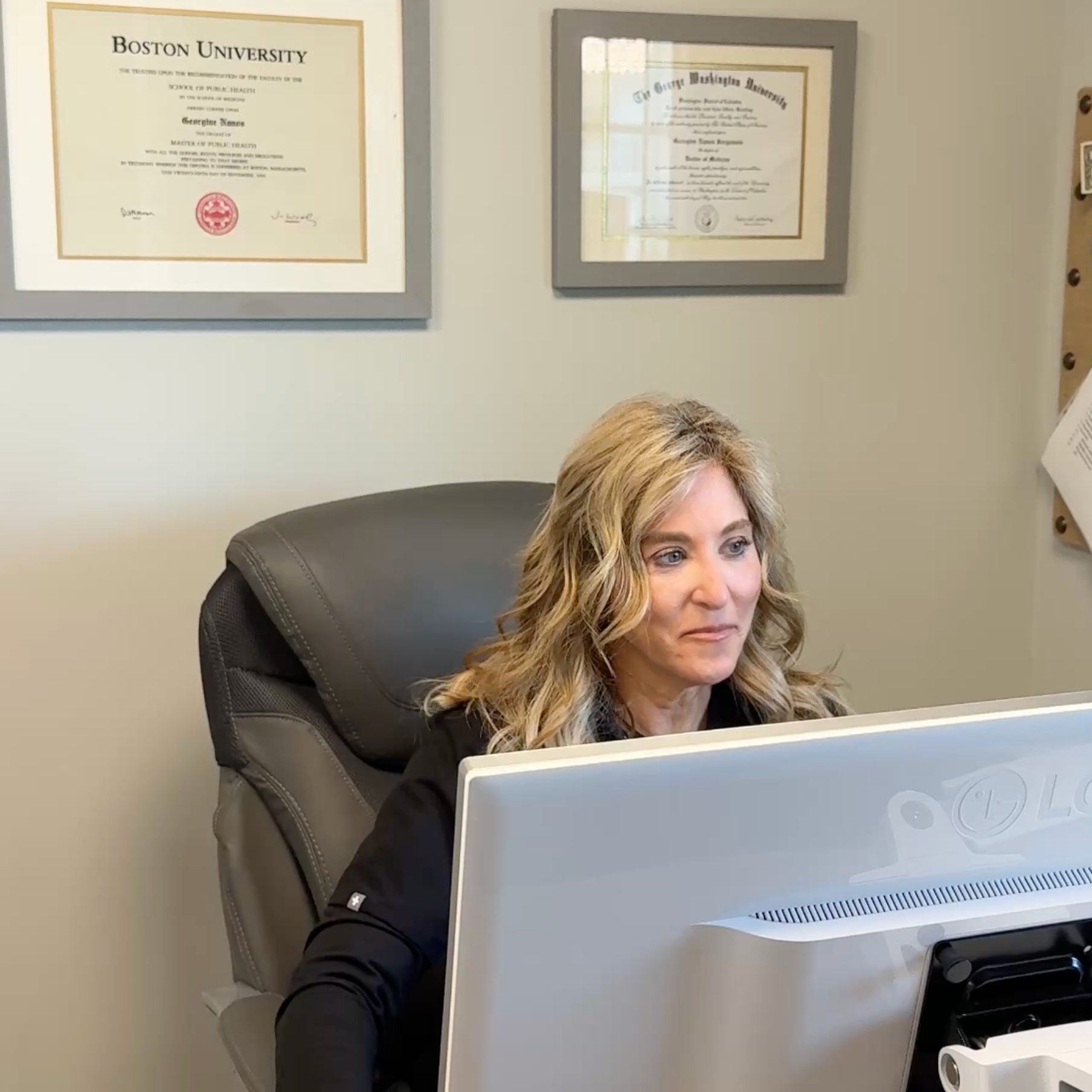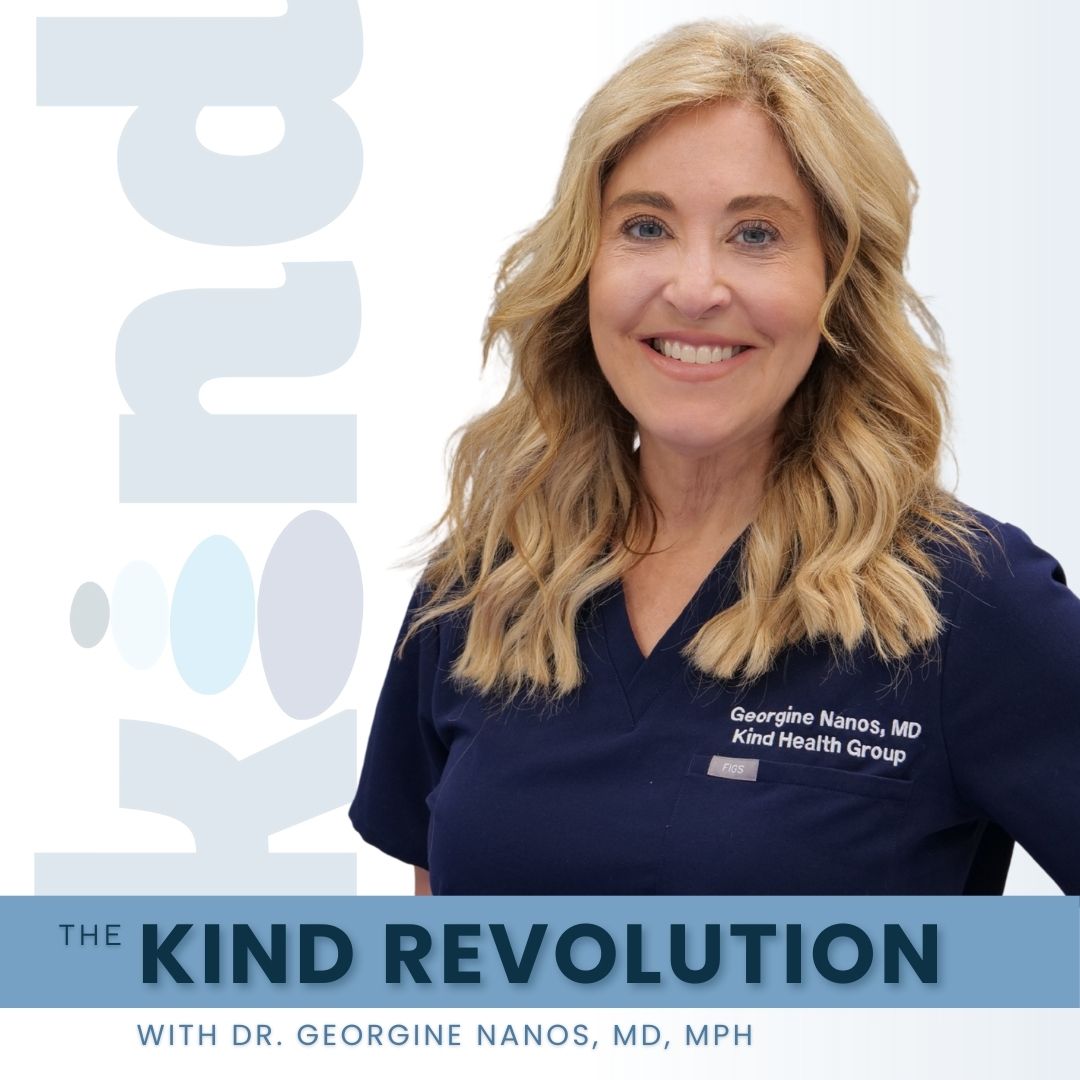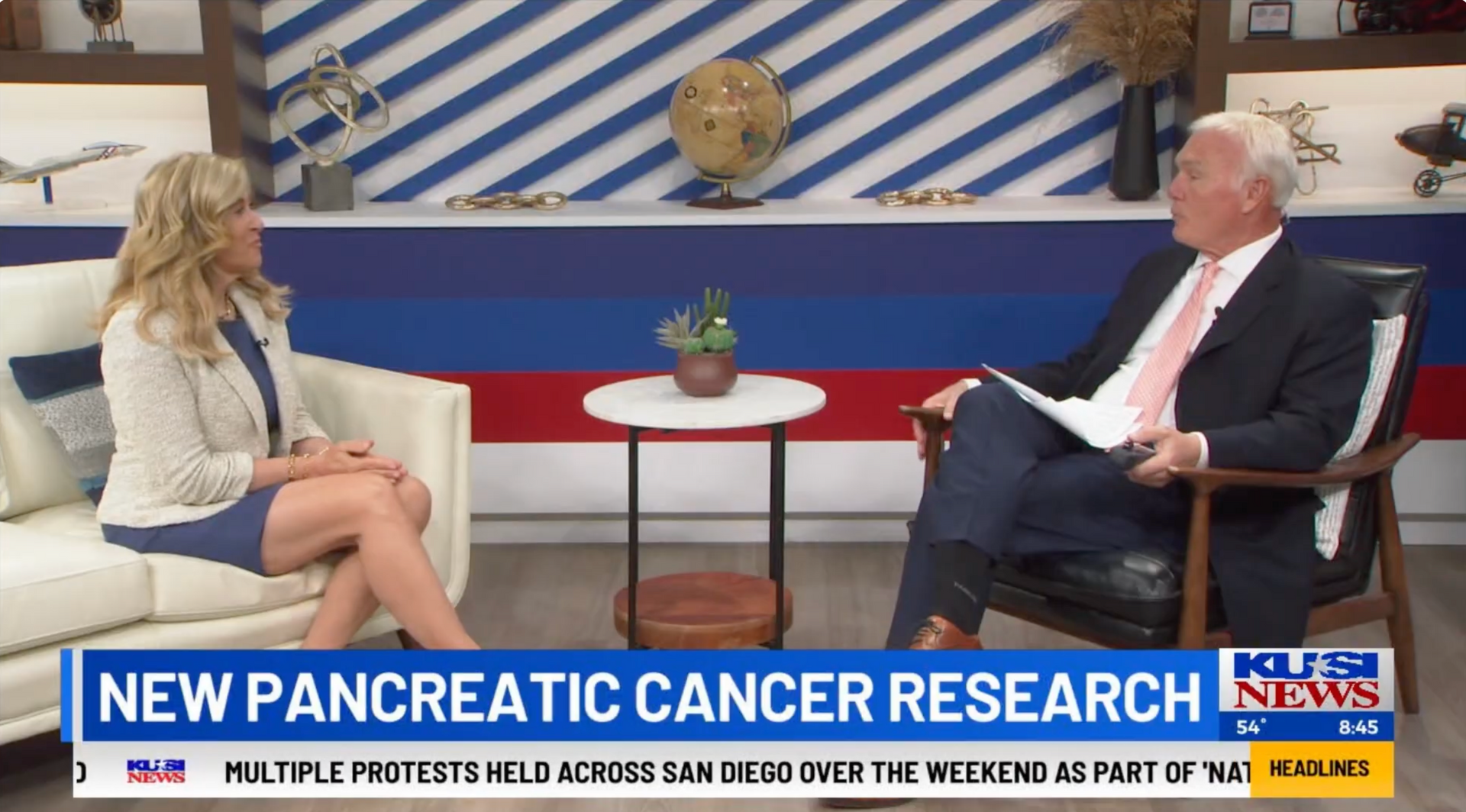The Science of Aging Gracefully: Aesthetic Solutions
In our modern society, where youth and beauty are often idealized, the concept of aging gracefully has taken on renewed importance. As we live longer and healthier lives, the way we approach the aging process has become a pivotal considerating for our overall well-being.
Aging gracefully is not merely about maintaining a youthful appearance; it’s a holistic approach that encompasses physical, mental, and emotional aspects as well. It’s about accepting the natural changes that come with age while actively taking steps to maintain vitality, resilience, and a positive outlook on life.
The aging process is a complex interplay of genetics, environmental influence, and lifestyle choices. This article will discuss some of these influences, providing effective solutions that can combat the signs of aging and help you to age with grace.
Glossary
| Understanding the Signs of Aging |
| The Role of Anti-Aging Skincare |
| Receiving Professional Guidance and Treatments |
| Embracing the Aging Process |
Space

Understanding the Signs of Aging
Our skin is our body’s biggest organ, playing an essential role in protecting us from harm. As we age, our skin undergoes various changes that manifest in the form of visible signs of aging. A variety of factors contribute to aging skin, including a decrease in collagen production and lower moisture retention.
Fine lines are usually the earliest sign of aging skin, with many people getting ‘crow’s feet’ around their eyes due to smiling regularly throughout their lives. Other visible signs can include wrinkles, dry skin, and age spots. It’s a normal process that everyone goes through, with many people adopting an anti-aging skin care routine to help delay the natural process of skin degradation.
Exposure to the sun without wearing sunscreen is one of the biggest contributors to premature aging, as the ultraviolet (UV) radiation can damage the skin’s cellular DNA. Not only can this damage the skin over time, but it also puts older adults at increased risk of skin cancer as well.
Other key contributors to aging skin include stress and pollution, and smoking is also one of the most common causes. It’s important to understand that health problems can result from several key causes at once, so it’s important to take a comprehensive approach when it comes to aging gracefully.

The Role of Anti-Aging Skincare Products
Cosmetic solutions can help improve the aesthetics of the skin as we age, and adopting a holistic approach can make sure that we age gracefully. Anti-aging products such as serums, moisturizers, and targeted treatments have become increasingly popular as research into the causes and cures for aging skin has advanced.
Preventative products that can maintain youthful-looking skin
Finding the right anti-aging products for you will ultimately depend on whether the goal is to prevent or reverse signs of aging. Preventative products like serums and moisturizers are designed to combat our skin’s reduced ability to retain moisture over time, which is one of the primary causes of aging skin.
Serums are typically formulated with antioxidants such as vitamin C and vitamin E, which help to neutralize free radicals and protect the skin from environmental damage. They often contain ingredients like retinoids, which can help to stimulate collagen production and improve skin texture.
While serums can help to promote cellular rernewal and improve elasticity, moisturizers are essential for maintaining healthy and hydrated skin. Reduced ability to retain moisture in our skin can lead to dryness, fine lines, and a duller complexion, so anti-aging moisturizers are typically formulated with hyaluronic acid and plant-based oils to help replenish and lock in moisture.
Targeted treatments that can reverse signs of aging
Some skincare products are designed to address specific signs of aging, such as dark spots, uneven skin tone, and a loss of volume. The table below demonstrates the skincare products that are best suited for targeting different signs of aging.
| Signs of Aging | Anti-aging products to use |
|---|---|
| Age spots | Brightening serums with vitamin C, licorice root extract, or niacinamide |
| Skin texture | Products infused with retinol, or retinoid-based products |
| Skin firmness | Peptide-infused creams |
Choosing the right anti-aging products for your skin type is crucial to achieving optimal results. Cosmetic products can help to address specific aging concerns, while professional treatments are also available for patients seeking a more direct approach to combating the signs of aging.
Receiving Professional Guidance and Treatments
Seeking professional advice from certified dermatologists is highly recommended for anyone looking to develop a personalized and effective anti-aging skincare regimen. While over-the-counter products can be helpful, dermatologists have the expertise to provide tailored solutions that address your unique skin concerns.
Every individual’s skin is different, so a one-size-fits-all approach has limited effectiveness for combating signs of aging. Medical-grade skincare treatments that are not available over the counter, like chemical peels, laser skin resurfacing, and other advanced therapies, can provide more noticeable and longer-lasting results.
Below, we’ll discuss the science behind chemical peels and laser skin resurfacing — two of the most popular
aesthetic solutions for aging skin at Kind Health Group.
CoolPeel
CoolPeel is a popular treatment option for diminishing the visible signs of aging. The procedure involves laser retargeting on the outer layers of the skin, helping to peel away excess skin cells and create a smoother, more even tone.
Another key benefit of CoolPeel is that it is non-invasive by nature, providing fast and effective aesthetic improvements with state-of-the-art laser therapy. In addition to creating a more even skin tone, CoolPeel stimulates collagen production for lasting benefits.
Laser Skin Resurfacing
CO2 Laser Skin Resurfacing is one of the latest advances in skin resurfacing technology, providing significant improvements to skin texture with a more intense treatment regimen. It works by removing the outermost layers of damaged skin, stimulating collagen production in the process.
The treatment can effectively reduce the appearance of fine lines, wrinkles, and other signs of aging, but also requires a dedicated post-care treatment plan during the recovery period.
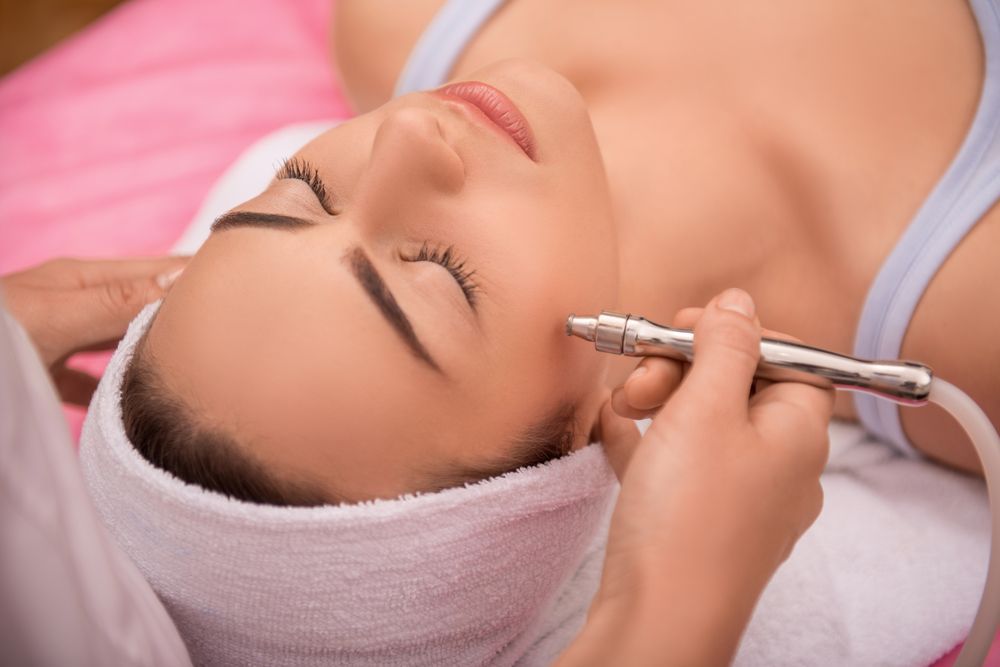
Embracing the Aging Process
A positive mindset and complete self-acceptance are crucial components of aging gracefully. While many people focus on the physical aspects of aging, cultivating a healthy mental attitude can significantly impact how we experience the process of aging.
As we get older, it’s important to integrate lifestyle changes in order to maintain a healthy balance. From keeping ourselves physically active and eating plenty of fruits and vegetables, to incorporating cosmetic solutions in order to take better care of our skin, staying healthy and protecting our wellbeing should become an even greater consideration over time.
Aging brings various changes along with it, but a positive outlook helps us to approach them with resilience and adaptability. Maintaining a positive mindset helps us to appreciate our unique strengths and a sense of self-confidence. In spite of it all, our unique experiences and a lifetime of wisdom are what make us who we are.

A Final Word
A positive mindset and complete self-acceptance are crucial components of aging gracefully. While many people focus on the physical aspects of aging, cultivating a healthy mental attitude can significantly impact how we experience the process of aging.
As we get older, it’s important to integrate lifestyle changes in order to maintain a healthy balance. From keeping ourselves physically active and eating plenty of fruits and vegetables, to incorporating cosmetic solutions in order to take better care of our skin, staying healthy and protecting our wellbeing should become an even greater consideration over time.
Aging brings various changes along with it, but a positive outlook helps us to approach them with resilience and adaptability. Maintaining a positive mindset helps us to appreciate our unique strengths and a sense of self-confidence. In spite of it all, our unique experiences and a lifetime of wisdom are what make us who we are.
